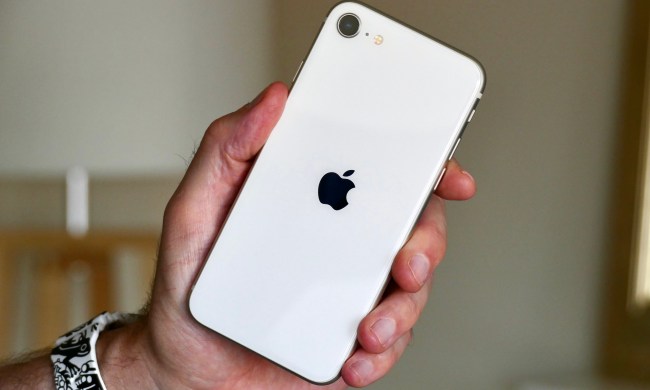
Everyone knows that market forces and competition are supposed to offer consumers choices and force businesses to improve their services and prices: if they don’t, those businesses will face the looming reality of empty bank accounts. It looks like that’s exactly what’s happening to youth-oriented MVNO Amp’d Mobile, which by all reports will be shutting down operations Tuesday, July 24. In a text message sent to (apparently) all its customers, the company warned of a possible July 24 shutdown, and statements on the company’s Web site indicate the company is “potentially” ceasing operations on July 24.
Amp’d Mobile focused on the youth market, aiming to market music and media-capable phones tied into exclusive content only available to Amp’d subscribers. Amp’d filed for Chapter 11 bankruptcy protection in early June 2007; according to reports, Verizon will be shutting down Amp’d’s access to its network due to non-payment. Subscribers with credit on an Amp’d account will apparently have to file a claim to have money rebated or refunded to them; pre-paid minutes will apparently not be refundable. Amp’d Mobile subscribers may be able to take their Amp’d devices to another CDMA mobile operator, although the details of any transition—and whether users will be able to port contacts and other data—will vary from carrier to carrier, and many operators will only support their branded handsets. Once Amp’d’ service shuts down, customers will not be able to download Amp’d media, ringtones, videos, or other content, although they can continue to play Amp’d content stored locally on their devices.
Amp’d Mobile has discussed shutdown only for it’s U.S. operations, but reports indicate its international assets are also up for sale, so the shutdown will likely apply to Amp’d Mobile service outside the U.S.
Amp’d Mobile’s demise is undoubtedly due to several factors, including failing to build out a significant customer base, and then failing to collect fees from its customers. According to documents filed with the company’s Chapter 11 filings, about 80,000 of its roughly 175,000 subscribers were delinquent or non-paying, and reports have the company allowing customers to rack up several thousand dollars in charges without discontinuing service. Amp’d Mobile also took a chance by betting that the market was ready to make mobile service choices based (essentially) on the availability of entertainment content on that service: while Amp’d Mobile may not survive, its possible other carriers will pick up aspects of its content services to compliment their own mobile content offerings.


